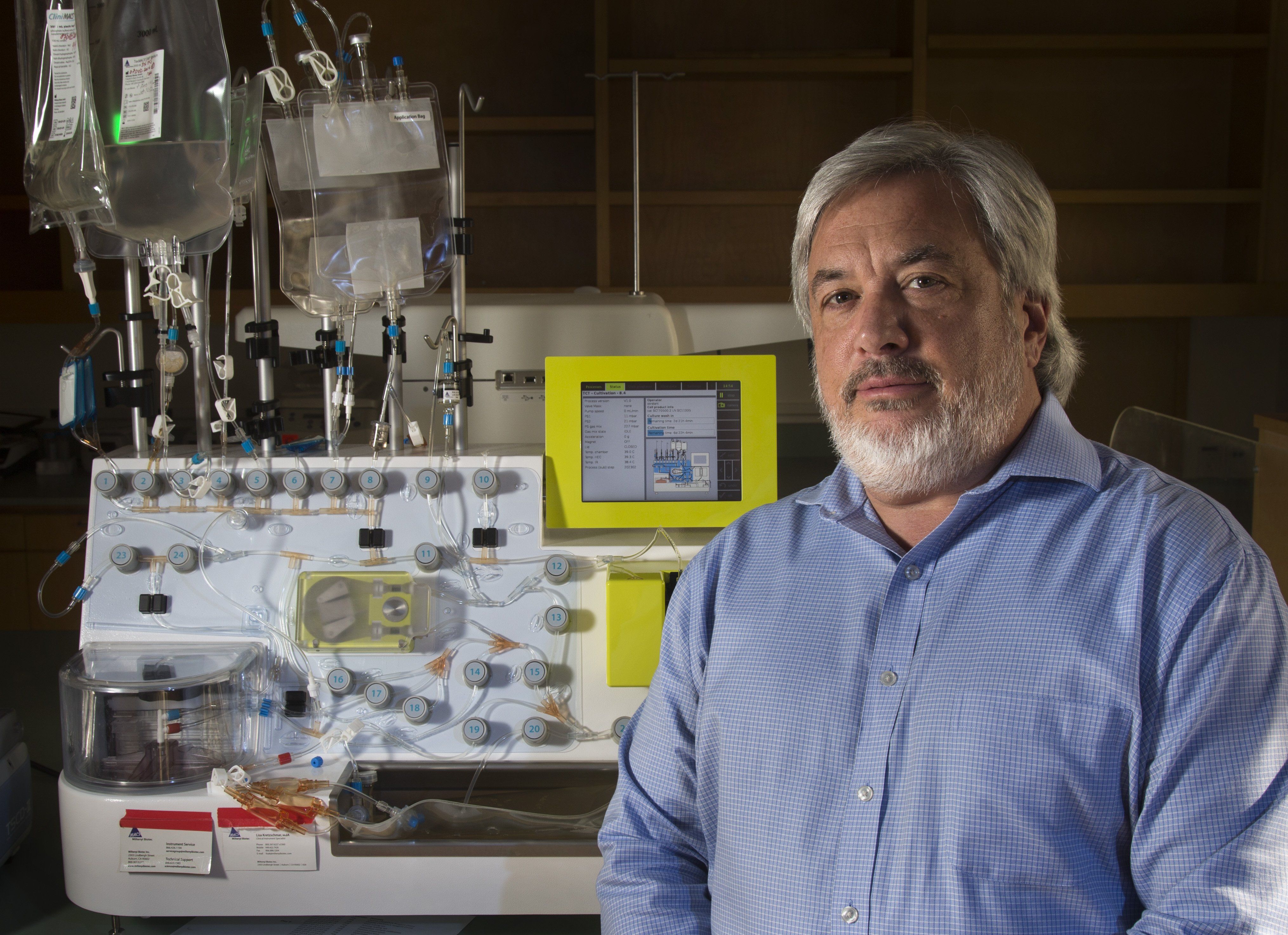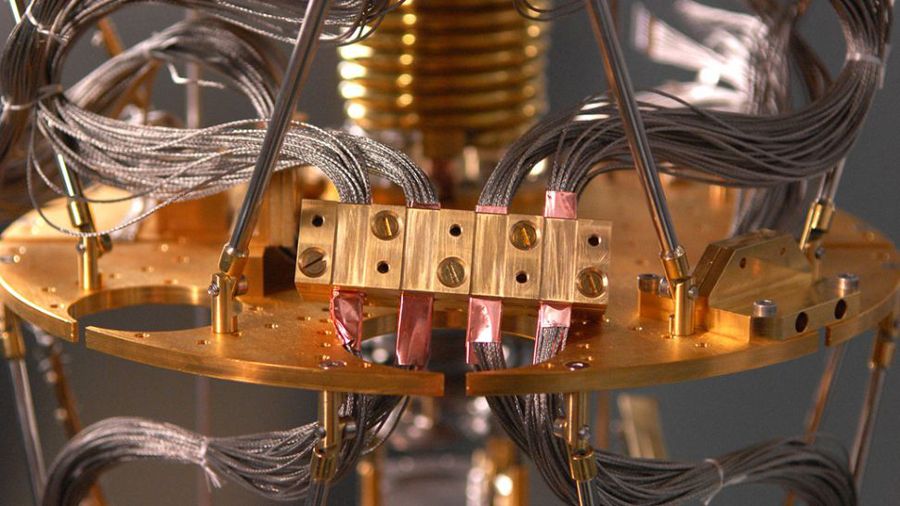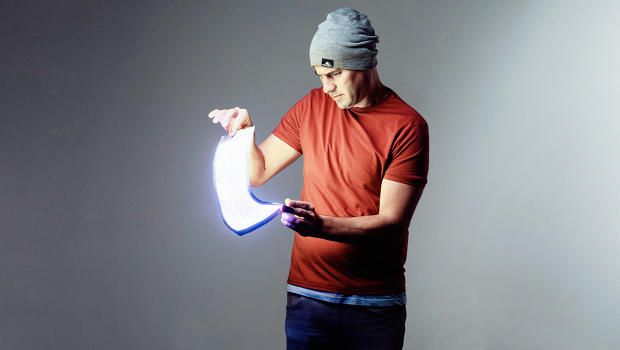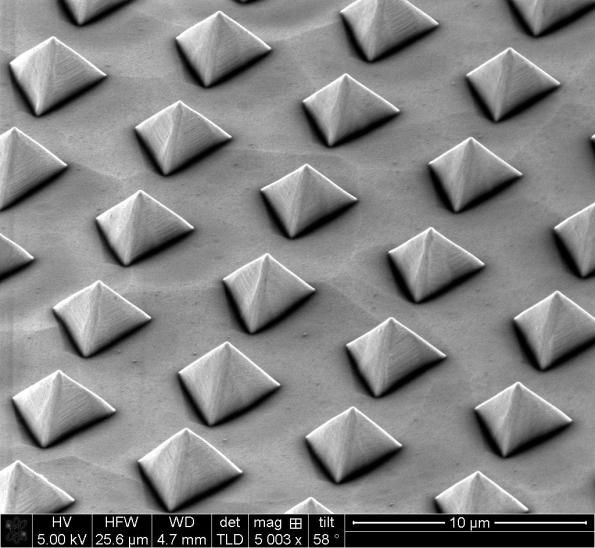Archive for the ‘computing’ category: Page 720
Dec 21, 2016
Presidential candidate suggests microchips for Syrian refugees
Posted by Zoltan Istvan in categories: computing, cyborgs, geopolitics, terrorism, transhumanism
In light of the recent attacks in Europe, the search for terrorists, and the ongoing refugee/immigration issues, I still support considering this idea of implants. In fact, so long as the Middle East is in strife, and large amounts of refugees are created, and fundamental religiosity thrives, I’m certain some type of tracking technology implementation in the developed world is inevitable over the next 2–15 years for refugees and some immigrants. Such technology broadly remains the humanitarian thing to do (read the article!), while still protecting the public and national interests.
https://www.cnet.com/news/presidential-candidate-suggests-mi…-refugees/ #transhumanism #Germany #terrorism #immigration
The question of allowing Syrian refugees in to the United States has created a political firestorm in the wake of the terrorist attacks in Paris and one Presidential candidate proposes a novel, high-tech solution, but it’s also likely to make plenty of Americans uncomfortable.
Continue reading “Presidential candidate suggests microchips for Syrian refugees” »
Dec 20, 2016
Stanford manufactures gene-engineered cells to cure the incurable
Posted by Steve Hill in categories: biotech/medical, computing, life extension
Stanford University’s amazing new regenerative medicine facility where the impossible is becoming possible.
The 25,000-square-foot facility, which opened last September, puts Stanford at the forefront of one of medicine’s most important and promising trends: regenerative medicine, which aims to refurbish diseased or damaged tissue using the body’s own healthy cells.
“We’re curing the incurable,” said laboratory director David DiGiusto, who holds a doctorate.
Continue reading “Stanford manufactures gene-engineered cells to cure the incurable” »
Dec 20, 2016
Why Microsoft believes we’re on the threshold of quantum computing
Posted by Klaus Baldauf in categories: computing, quantum physics
Dec 20, 2016
The Next Big Thing In Your Next Device Could Be This Ultra-Thin Lighting
Posted by Klaus Baldauf in category: computing
Dec 18, 2016
The Simulation Hypothesis: Is Reality All Just A Computer Simulation?
Posted by Andreas Matt in categories: computing, Elon Musk
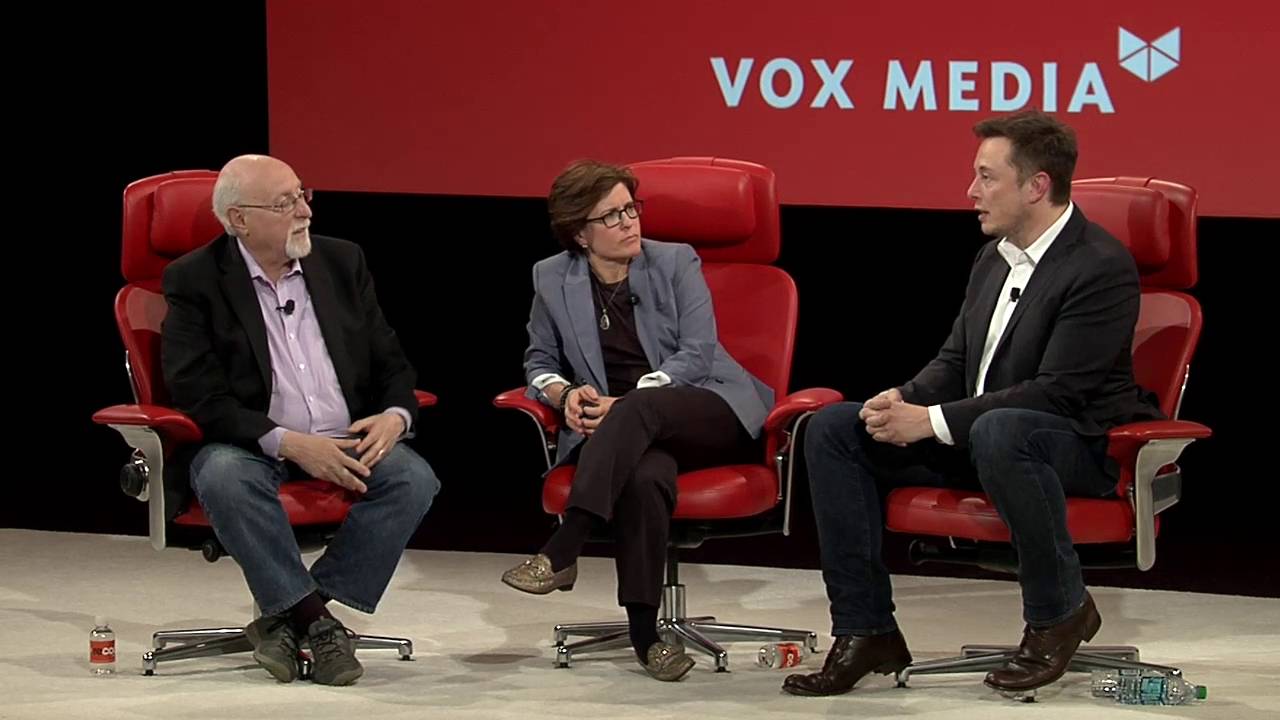
In Brief As technology improves, the possibility that our world may be a simulated one is becoming more and more probable, argues Universe Today founder Fraser Cain. But can we ever prove that we live in a simulation of a reality?
All the world’s a stage. Or is it a simulation?
Continue reading “The Simulation Hypothesis: Is Reality All Just A Computer Simulation?” »
Dec 18, 2016
A New Kind of Computer Chip: Silicon May Be Replaced by New Material
Posted by Klaus Baldauf in categories: computing, materials
![]()
At the forefront of computing technology for decades, silicon-based chips’ reign may soon end, as today’s chip designers are looking for other materials that offer more options and more amazing abilities than the silicon we all know and love.
This new trend has spurred the guys at Oak Ridge National Laboratory (ORNL) to develop what could be the foundation for multi-role computer chips.
Continue reading “A New Kind of Computer Chip: Silicon May Be Replaced by New Material” »
Dec 16, 2016
Does The Universe Have a Hard Drive?
Posted by Philip Raymond in categories: computing, cosmology, physics, quantum physics, supercomputing
Zura Kakushadze is lead author of this peer reviewed paper published by the Free University of Tbilisi. It describes an information paradox that arises in a materialist’s description of the Universe—if we assume that the Universe is 100% quantum. The observation of the paradox stems from an interdisciplinary thought process whereby the Universe can be viewed as a “quantum computer”.
The presentation is intentionally nontechnical to make it accessible to a wide a readership.
Dec 15, 2016
Fast track control accelerates switching of quantum bits
Posted by Karen Hurst in categories: computing, nanotechnology, quantum physics
From laptops to cellphones, technology advances through the ever-increasing speed at which electric charges are directed through circuits. Similarly, speeding up control over quantum states in atomic and nanoscale systems could lead to leaps for the emerging field of quantum technology.
An international collaboration between physicists at the University of Chicago, Argonne National Laboratory, McGill University, and the University of Konstanz recently demonstrated a new framework for faster control of a quantum bit. First published online Nov. 28, 2016, in Nature Physics, their experiments on a single electron in a diamond chip could create quantum devices that are less prone to errors when operated at high speeds.
Dec 15, 2016
Accessible Photon Emission Could Bring Quantum Computing Out of the Lab
Posted by Karen Hurst in categories: computing, information science, internet, mobile phones, quantum physics
Researchers from the Tyndall National Institute in Cork have created micro-structures shaped like small pyramids that can create entangled photons. Does this mean that quantum computers are closer than we realize?
Quantum computers have been the stuff of science fiction for the past few decades. In recent times, quantum computers have slowly become more of a reality with some machines successfully solving real world problems such as games and path finding algorithms.
But why are quantum computers so desired by tech firms and why is there so much research into the field? Silicon has been incredibly loyal to the tech world for the past 50 years, giving us the point contact transistor in 1947. Now, silicon is at the center of technology with computers, tablets, smartphones, the IoT, and even everyday items. In fact, you cannot walk down a city street without being in range of some Wi-Fi network or influence from a small silicon device.
Continue reading “Accessible Photon Emission Could Bring Quantum Computing Out of the Lab” »


